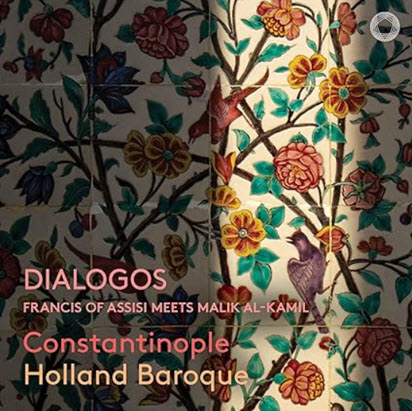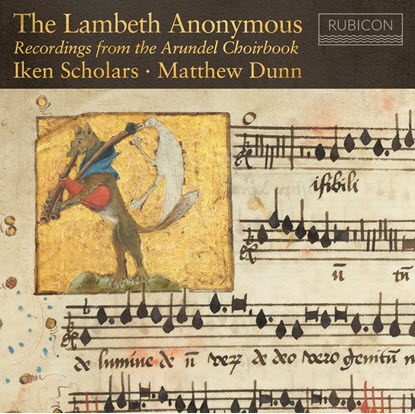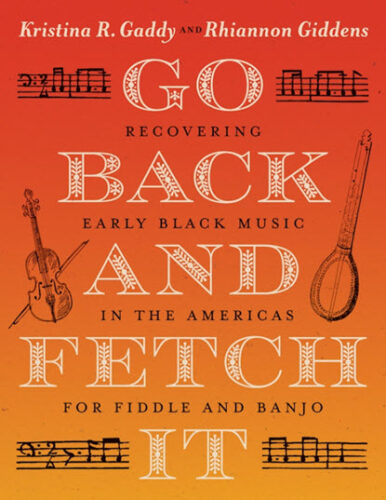by Jacob Jahiel
Published May 1, 2023
Marais at Midnight: Music from Aston Magna. Laura Jeppsesen, viola da gamba, and Catherine Liddell, lute and theorbo. Centaur 3866
The reign of Louis XIV evokes a torrent of musical associations—Versailles’ elaborate ballets de cour, the propagandistic operas of the Palais Royal, and, of course, the Sun King’s famously attractive dancing legs, prominently displayed for all to admire. Yet the pomp and public spectacle associated with these images often overshadows some of the small-scale, more private forms of music-making.
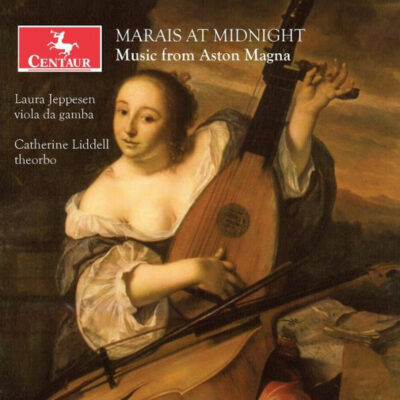
It’s an understandable oversight—everything from Versailles architecture to its rigid daily rituals to its dances were, for both king and courtier, intended to place private life under public scrutiny. But even Louis required respite so, each night, after courtiers watched him eat a 10 p.m. supper, he would retire to his chambers with his closest friends and family to indulge in open conversation and intimate musical performances.
In their album, “Marais at Midnight: Music from Aston Magna,” from the early-music festival in western Massachusetts and released by Centaur Records in 2021, viola da gambist Laura Jeppesen and theorboist-lutenist Catherine Liddell imagine one such concert by viol virtuoso-composer Marin Marais. They imagine him traveling to a secluded sanctuaries in Versailles—the king’s own chamber. What follows is a performance of alluring introspection and tenderness, a celebration of music both refined and stately.
As the title promises, there is something undeniably nocturnal about the album’s contents, not only in terms of the repertoire but also in the sound world itself. On the theorbo, Liddell envelops Jeppesen with a warmth and gentleness that the more extroverted harpsichord rarely achieves, and her reverberant low notes render an extra gamba, often used to support the bass line, unnecessary for this intimate setting. She also shines on her own—her plucked arrangement of “La Rêveuse,” one of the most celebrated pieces in the entire gamba arsenal, is no less evocative of a pastel, dreamlike state than the original.
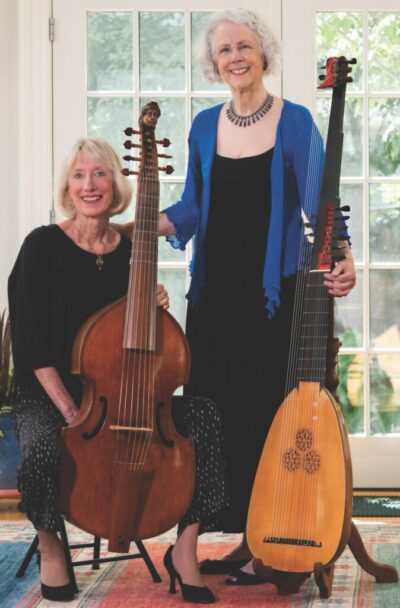
Meanwhile, Jeppesen paints with a varied timbral palate capable of singing, sighing, whimpering, or whispering. While she can certainly belt out heavy hitters like “Le Basque,” her real artistry emerges in movements that demand delicacy but not weakness, fragility but not brittleness, such as the inviting chain of three preludes that slowly submerges the listener into the first of the album’s three suites, the sprawling sarabandes, and the ever-touching “Les voix humaines.” Jeppesen tosses off ornaments with little effort but infinite care, folding them into the greater architecture rather than becoming bogged down in their complexities.
Although Marais’ suites are rarely performed in their entirety (and perhaps never were), gambists often choose to play selected movements more or less sequentially. There is an advantage to this—Marais will often leave little motific breadcrumbs from movement to movement, providing signposts for the listener and allowing the player to tackle tricky technical maneuvers in different musical contexts.
On the other hand, and as Jeppesen and Liddell demonstrate, great fun can also be found in mixing and matching harmonically—and in this case thematically—compatible movements from different books (and Marais has five to choose from!), a practice of combination and permutation that creates near-infinite possibilities for forming suites, not to mention a welcome personal touch.
Most vitally, in both repertoire and delivery, Jeppesen and Liddell perfectly embody the emotional palate of the French baroque—music molded by a court in which deep passion was articulated not through dramatic bursts of emotion, but rather control, poise, and refinement. What could be better for a midnight concert?
Jacob Jahiel is a writer, editor, and violist da gamba currently living in Montréal. He was a fellow at the 2022 Rubin Institute for Music Criticism’s Emerging Writers Program.

